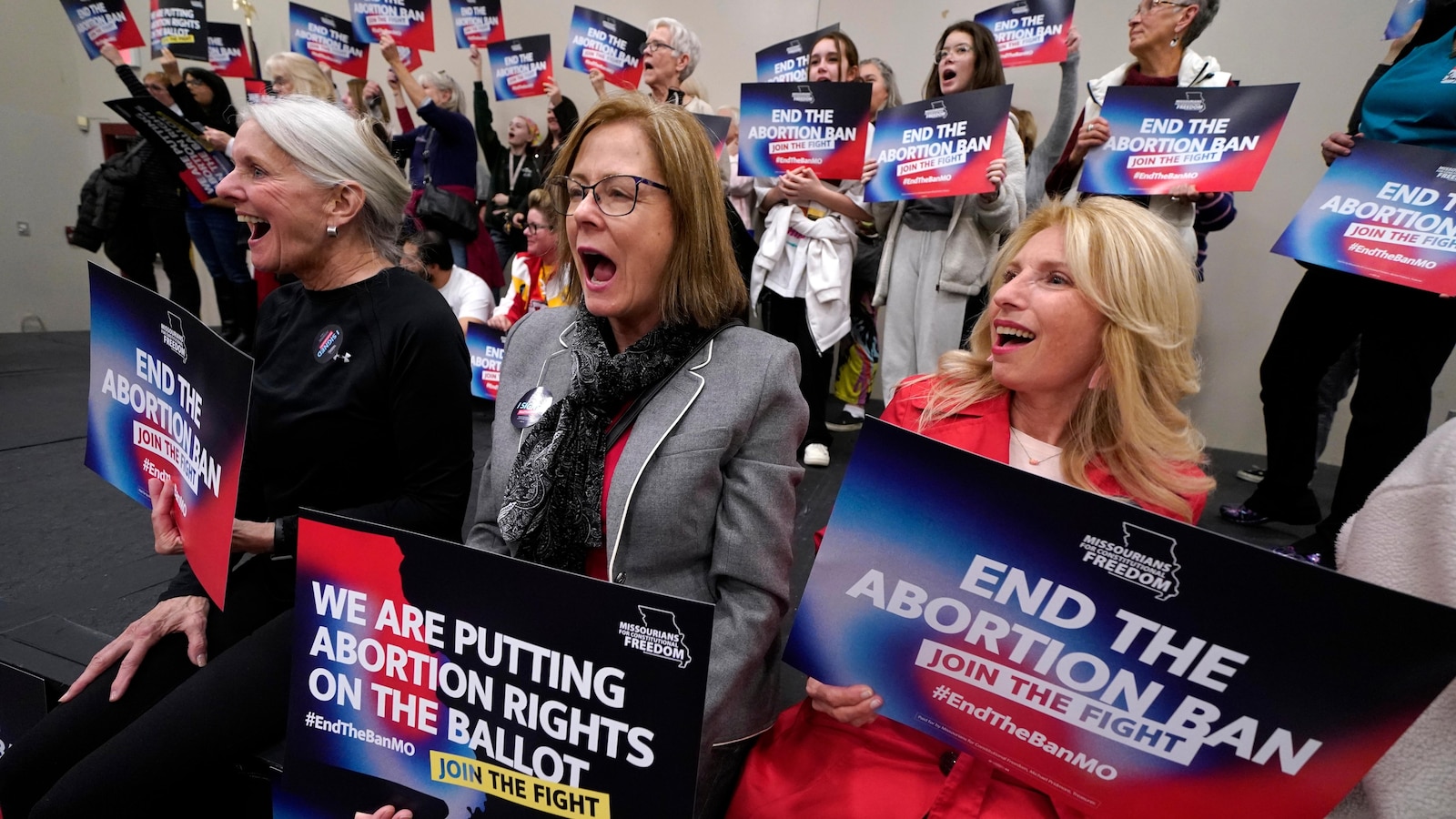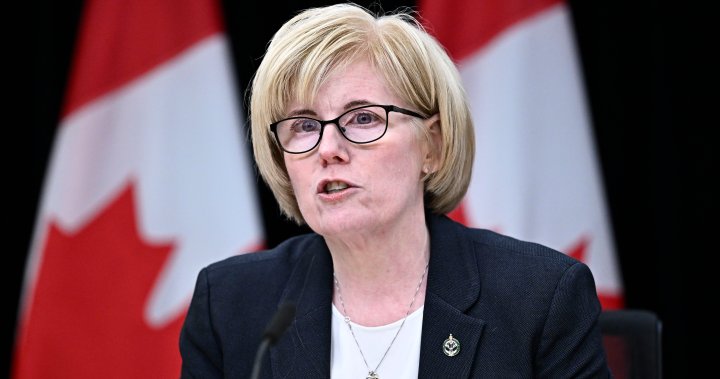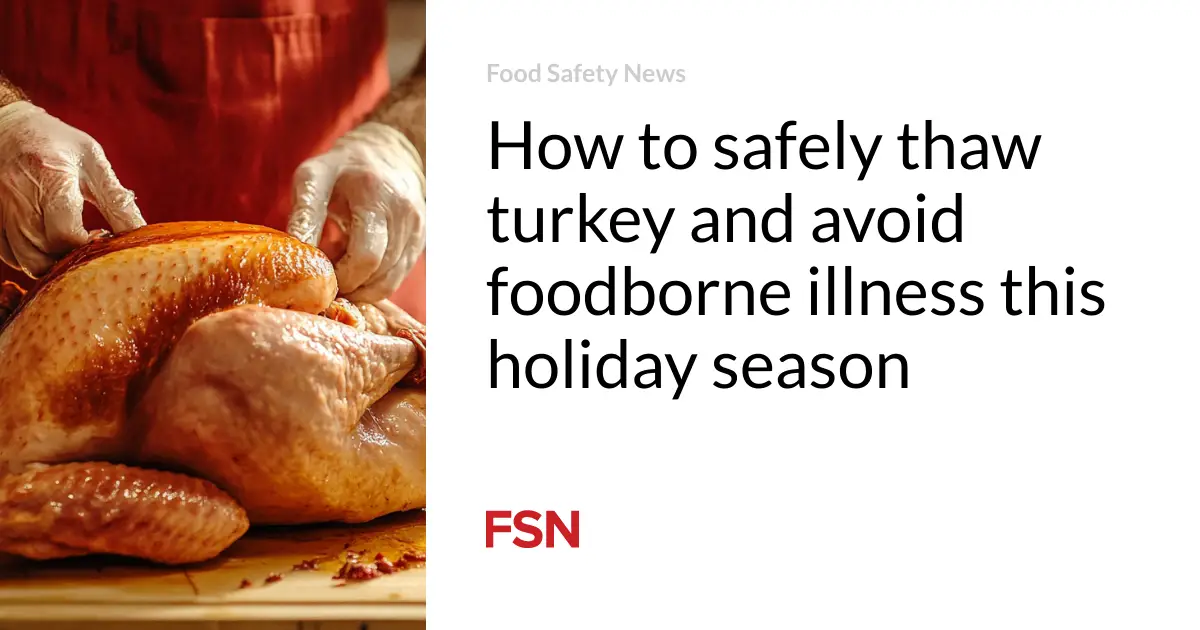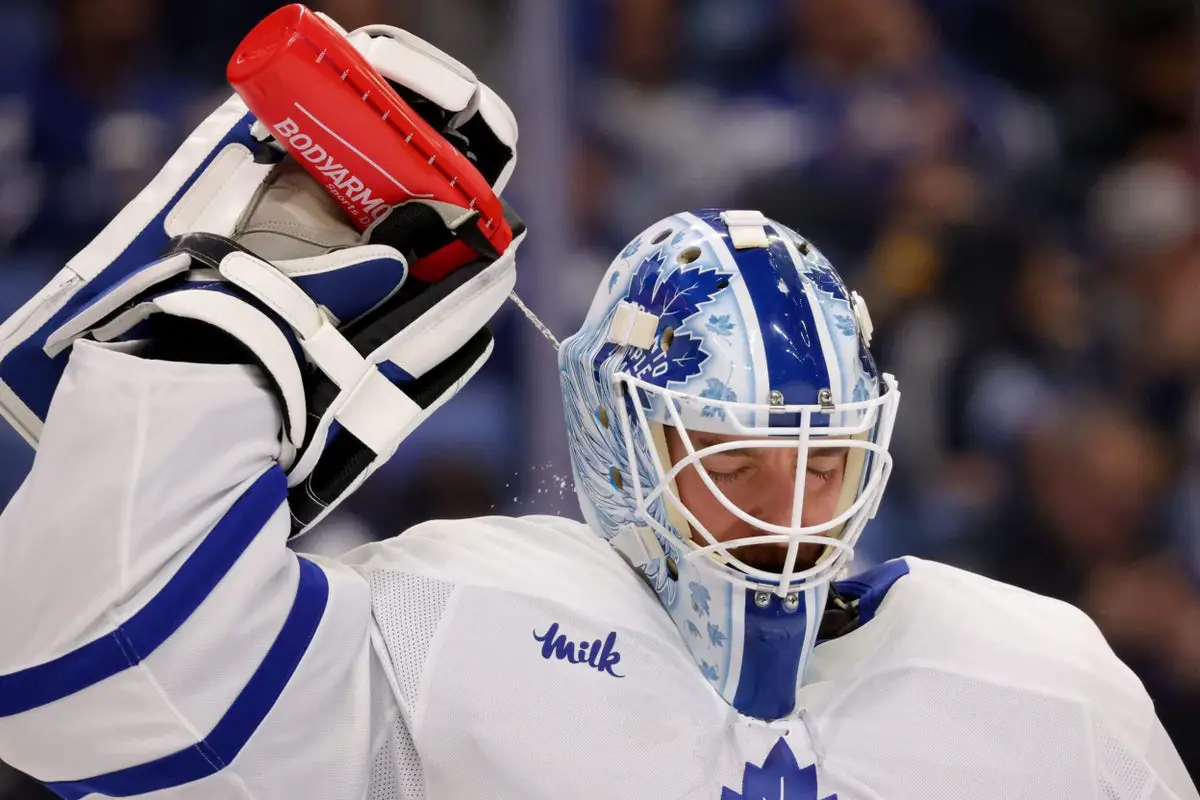MPs are being urged to stop accepting freebies to sports and cultural events from tobacco, alcohol and junk food firms because their products cause so much illness and death.
More than 100 health groups are urging Britain’s lawmakers to reject offers of gifts and hospitality from “unhealthy products industries” because they use an array of underhand tactics to disguise the harm they create in order to protect their sales.
The coalition of key doctors’ groups, health charities and children’s organisations have challenged Keir Starmer to make good on his pledge to restore integrity to public life by banning such firms from lobbying MPs by giving them gifts that could expose them to conflicts of interest.
The prime minister this week made clear that he is ready to take bold action to tackle Britain’s increasingly sick population and help the NHS by confirming that he may severely restrict people’s ability to smoke in outdoor areas such as outside pubs and restaurants, including pavements.
Prof Sir Ian Gilmore, the chair of the Alcohol Health Alliance (AHA), said: “Alcohol, tobacco and unhealthy food are the three biggest killers in our society, with alcohol alone claiming 10,000 lives in 2022 – the worst on record.
“MPs are expected to make decisions based on the best interests of their constituents, but we know that lobbying tactics such as receiving gifts and benefits from these industries can lead to a conflict of interest and impartiality being compromised.”
The AHA, the Obesity Health Alliance (OHA) and Action on Smoking and Health (Ash) have published a new joint report that lays bare the “killer tactics” used by the three industries to gain influence over politicians and thwart moves to improve public health by cracking down on smoking, drinking and bad diet.
They claim that tactics “to cultivate allies” include downplaying the harm their products cause, using legal threats to delay policies aimed at reducing that damage – such as plain packaging of cigarettes and minimum unit pricing of alcohol – distorting scientific evidence, using front groups to put forward arguments helpful to them and giving MPs gifts, benefits and hospitality.
“While in many cases MPs may perceive there to be little harm in accepting a ticket for a sporting event or passing on a concert ticket to a staff member, there is no such thing as a free lunch,” the report says.
“Businesses are spending money because they believe it will be in their financial interests. [But] it can give the appearance of a conflict of interest for MPs amending and voting on legislation that will impact these businesses.” MPs have to declare gifts worth over £300 to aid transparency.
The 100-plus groups behind the report include the Academy of Medical Royal Colleges, health charities such as Cancer Research UK and the British Heart Foundation and public health specialists such as the Faculty of Public Health.
In August 2022 the then Conservative MP Thérèse Coffey declared in the MPs’ register of interests that she had accepted a ticket and hospitality at Lord’s cricket ground in London worth £922.80 from the pub and beer group Greene King. Coffey, a longstanding opponent of “nanny state” policies, became the health secretary in Liz Truss’s short-lived government three weeks later and during her time in post opposed several proposals to improve public health.
Earlier this year Giles Watling, the then Tory MP for Clacton, declared hospitality worth £351.02 from Japanese Tobacco International. In May he tabled amendments to the tobacco and vapes bill proposing that the mooted ban on buying cigarettes should only apply to under-21s, not everyone born on or after 1 January 2009.
In an unusual political intervention, the Budweiser Brewing Group paid £9,000 to sponsor a fundraising event for Labour general election candidates, including four who won on 4 July – Sarah Hall, Jo Platt, Elsie Blundell and Kirith Entwistle – records show.
The event was organised and also sponsored by Arden Strategies, a lobbying company run by the former Labour minister Jim Murphy, and was attended by Lucy Powell whose new role, as the leader of the House of Commons, includes responsibility for standards of behaviour by MPs.
Powell declined to comment on her attendance at the Budweiser-sponsored event or offer a view on the health groups’ proposals.
Diageo, which produces drinks including Johnnie Walker, has hosted dinners for MPs including whisky tasting, while Heineken paid for the tickets and hospitality for the Liberal Democrat MP Christine Jardine and now ex-Tory MP James Daly to attend a Six Nations rugby game.
KFC has invited Labour MPs and councillors to sample some of its “delicious, healthy” dishes – such as salad boxes, twister wraps and rice boxes – at one of its restaurants in Liverpool during Labour’s annual conference there next month. Those who come will be able to talk to the fast food firm’s nutritionist about how it is making its products healthier.
The health secretary, Wes Streeting, has criticised KFC for using legal tactics to challenge 45 local councils over their plans to try to restrict the number of fast food outlets opening in their area.
Katharine Jenner, the director of the OHA, said the failure of successive governments to crack down on the prevalence of unhealthy food and drink to tackle the growing crisis of people being dangerously overweight had contributed to a surge in obesity, heart disease, cancer and type 2 diabetes.
The OHA, AHA and Ash also claim a “gap in regulation” allows MPs to accept gifts worth under £300 – such as chocolate and gifts on site visits – and for “unhealthy product industries” to sponsor events in parliament. YouGov polling shows that large majorities of voters want the government to be protected in its formulation of health policies from the influence of the tobacco (78%), alcohol (71%) and food and drink (71%) industries.
The Food and Drink Federation and alcohol trade body the Portman Group both declined to comment.







